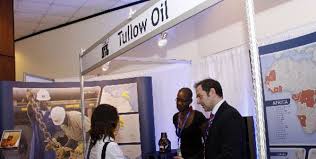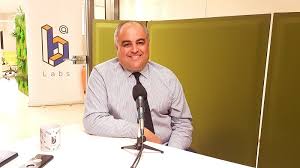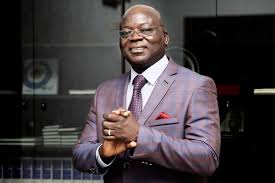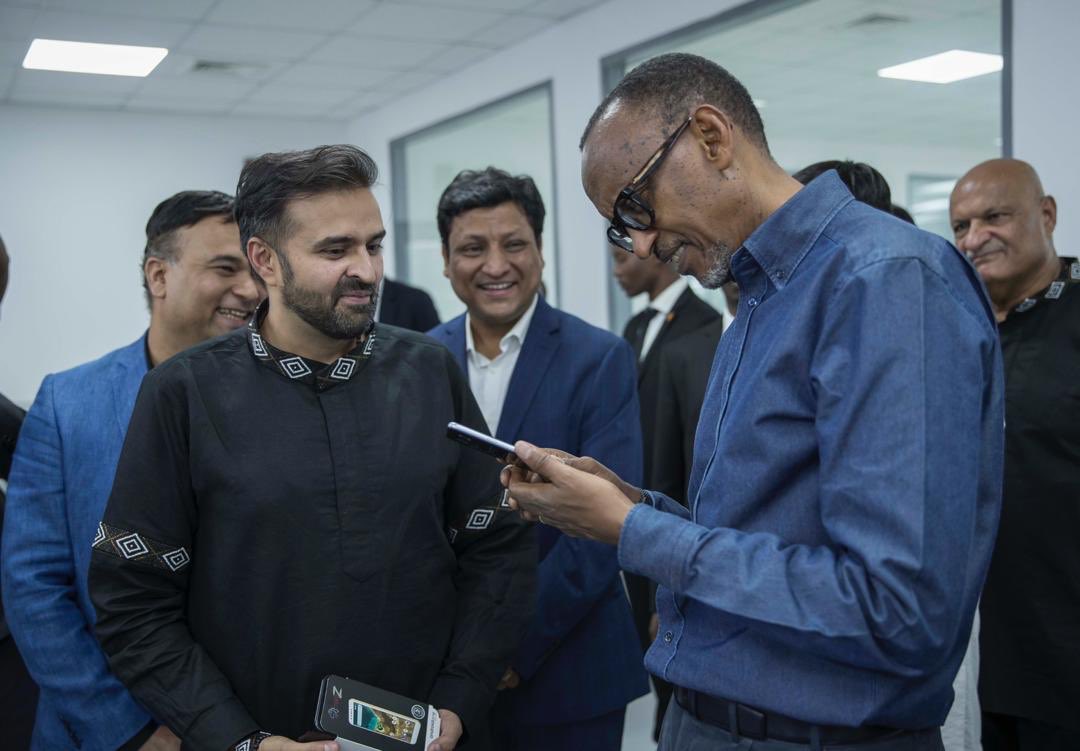Businessmen Query Africa’s Competitiveness
A group of African business people under the aegis of African Energy Chamber at the just concluded Africa Oil and Power Conference and exhibition called on governments to embark on much needed reforms aimed at making the continent more competitive. The group who had a panel discussion addressed several issues such as the upstream sector on a global scale, whether the sector is indeed entering a new era, what makes Africa’s upstream attractive, what is holding the continent back, where the biggest opportunities in the sector are, how the continent can attract further investment, and how private investors can participate in Africa’s greater vision for its economy. The panelists agreed that it is important to look at African countries individually and study their geological terms in comparison to their fiscal terms.

Casting a spotlight on exploration and production in Africa’s oil and gas sector, the first day of the Africa Oil & Power conference and exhibition concluded with a panel discussion on Africa’s upstream sector. The panel moderated by the Executive Chairman of African Energy Chamber NJ Ayuk invited Robin Sutherland, General Manager of New Ventures at Tullow Oil; Kevin Vorhaben, Africa Unit Business Manager, Noble Energy; Geraud Moussarie, Country Manager, BP; Bongani Sayidini, CEO of PetroSA and David Grislain, Senegal Country Manager for Woodside Energy to discuss the future of exploration and production in Africa.
Responding to the leading question: “what makes Africa attractive?” the panelists agreed that it is important to look at African countries individually and study their geological terms in comparison to their fiscal terms in order to understand the performance of the upstream sector and were it stands on the global stage.
On collaboration and maintaining business in Africa, BP’s Geraud Moussarie, using the Grand Tortue Ahmeyim project as an example, said relationships between investors and the national oil companies are essential. “Dialogue, partnership and commitment from the two partners was tremendous,” he said, referring to the GTA project in particular and adding that, “for a big project to work the companies and national oil companies have to stay committed.”
Read also : How infrastructure and energy are key to a new economic journey in the Democratic Republic of Congo (DRC)
Representing South Africa’s national oil company, PetroSA, Bongani Sayidini said that although the country is currently inactive in the sector, it is watching and learning from its neighboring countries who are making great progress. “While we are not actively drilling, we are watching what the industry is up to,” he said. Also explaining that while PetroSA has not yet been in discussions with Total regarding its plans for the Brulpadda discovery, it is also keen to see what the French major does with the discovery and where it takes the sector.
Addressing the SADC regions reaction to the natural gas trend on the continent, Sayidini noted that: “the biggest challenge in the SADC region is that the gas market is not that developed and there are very few markets that are developed.”
In discussing how to make E&P work in Africa, the panelists provided their visions for the Africa’s E&P’s sector. “For Woodside, in the next five to ten years, we are focusing on commercializing the SNE phase 1 project and of course, SNE 2, SNE 3. So, it is full steam ahead for us,” said Woodside’s David Grislain.
“We are very very excited to be now in ten different countries in Africa, our focus is the MSGBC which has a special place for us being a new basin with lots of potential and lots of gas and we will work closely with the government to make it a very competitive basin”, said Moussarie.
Read also : South Africa, Angola, Senegal and Equatorial Guinea Set to Launch Investment reports on Oil and Gas
“We are committed to Africa; I know we recently had a discovery in South America but that is because the geology is similar to Africa where we feel very much at home. We have a long history of opening bases that were deemed to be non-productive by others,” said Tullow Oil’s Robin Sutherland.
Kelechi Deca

Kelechi Deca has over two decades of media experience, he has traveled to over 77 countries reporting on multilateral development institutions, international business, trade, travels, culture, and diplomacy. He is also a petrol head with in-depth knowledge of automobiles and the auto industry.

















